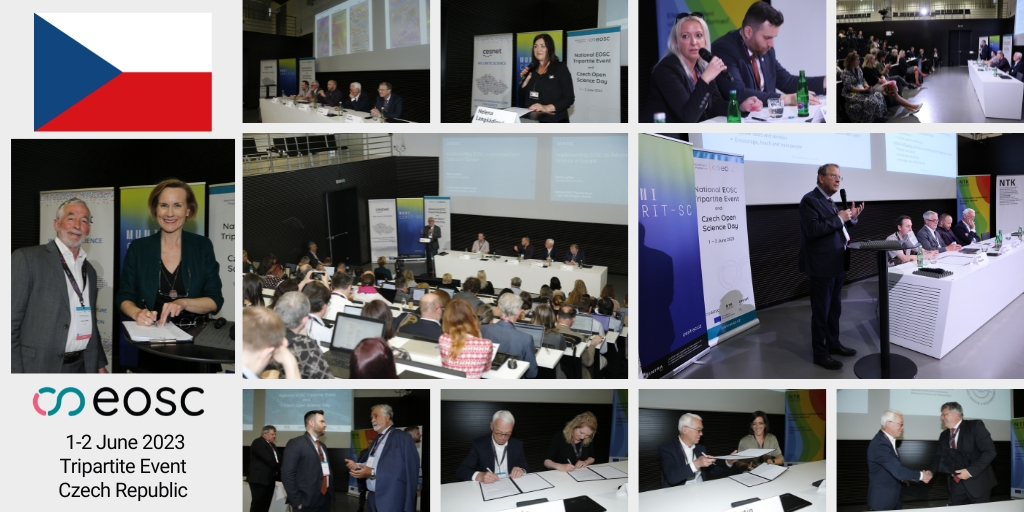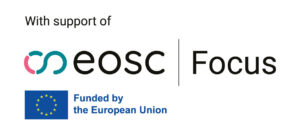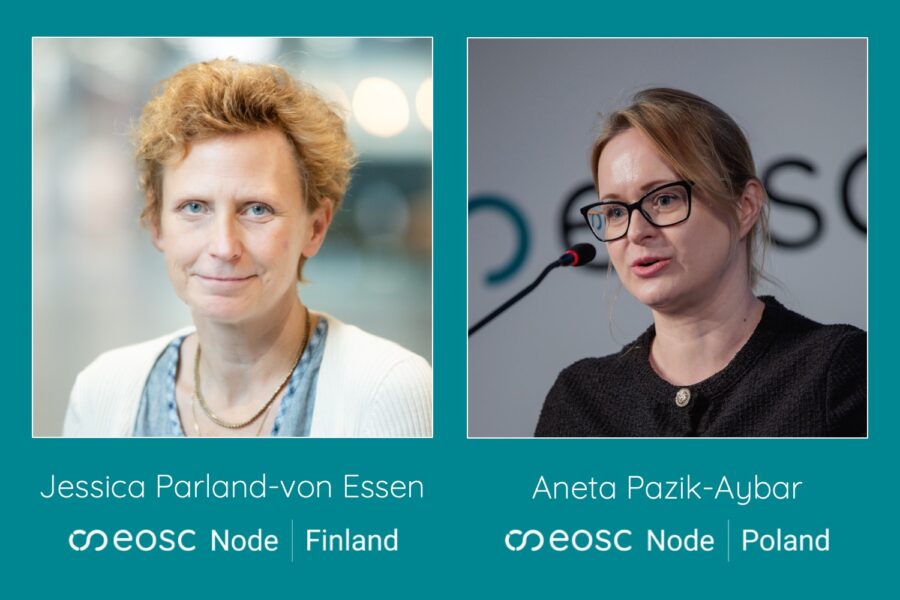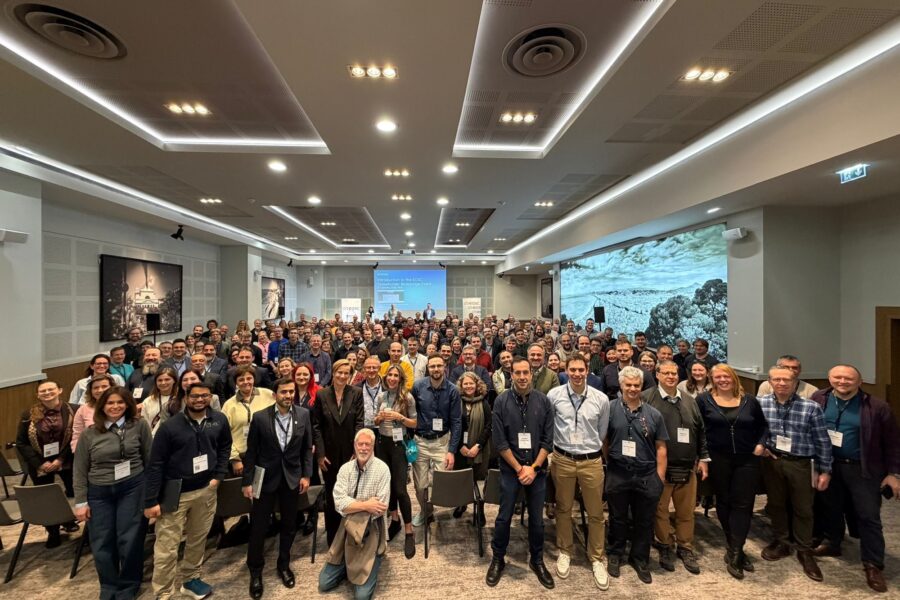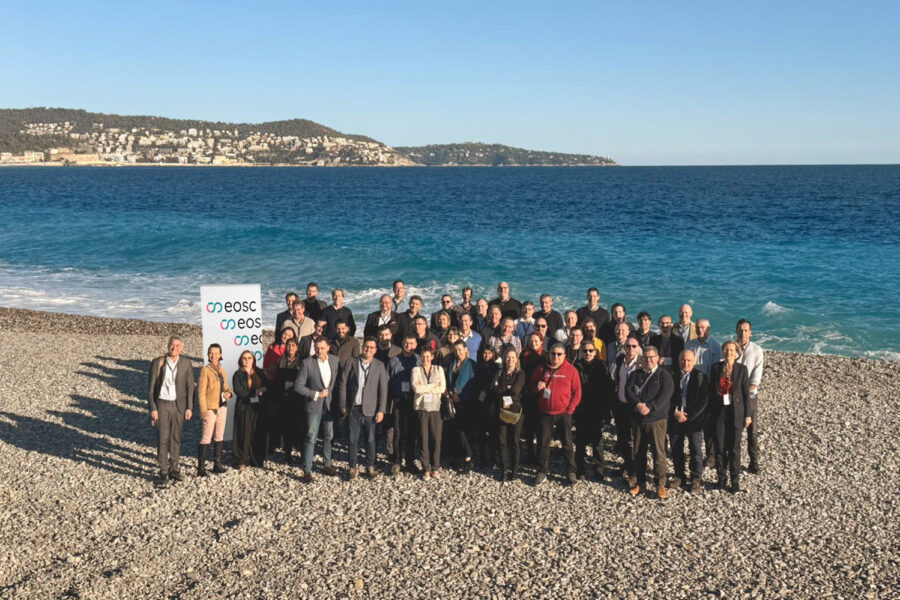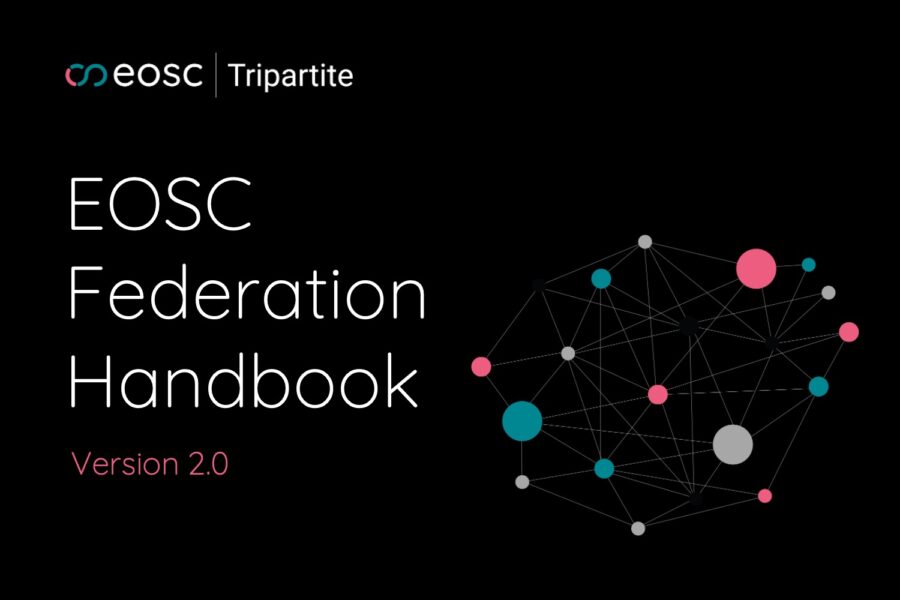DEJVICE — The National Technical Library (NTK) in Prague hosted on 1 June 2023 the first EOSC National Tripartite Event in the Czech Republic, organised by EOSC Association (EOSC-A) Mandated Organisation CESNET in collaboration with NTK and the Ministry of Education, Youth and Sports of the Czech Republic (MŠMT/MEYS). Together with the third Czech Open Science Day, the event attracted more than 150 participants from the Czech scientific community, as well as representatives from the European Commission, EOSC-A, the EOSC Steering Board and the Czech national government. The event was an excellent opportunity to observe the commitment of all Czech stakeholders to the implementation of Open Science (OS) practices and EOSC at the national level.
Martin Svoboda, NTK Director, welcomed attendees on behalf of the host institution and introduced Helena Langšádlová, Minister for Science, Technology and Innovation, who in her opening statement highlighted national and international cooperation as the “key to success” in scientific research. This cooperative spirit was showcased at the start of the event by NTK’s signing of three memoranda of understanding (MoU) with, respectively, Slovakia’s EOSC Mandated Organisation CVTI SR, ORCID and DataCite. With the two latter MoUs, the signatories commit to support and continue implementing and using ORCID and DataCite’s persistent identifiers (PID) in the research environment of the Czech Republic.
State of Play
The first session of the event addressed the state of Open Science in the Czech Republic and Europe from the perspectives of the three legs of the EOSC Partnership: the European Commission (EC), the EOSC Association, and the Czech national representatives to the EOSC Steering Board. Kostas Repanas, from the Open Science and Research Infrastructures Unit at EC’s DG RTD, described the EC’s commitment to develop EU-wide policies and funding mechanisms to realise its Open Science strategy. The recent EU Research Data Landscape report shows that although awareness of OS may be on the rise, there is still much work to do—both by the EC itself as well as the Member States—to seize the moment and install the necessary national policies and mechanisms that enable OS to be implemented. A key issue pointed out by Repanas that appeared in other talks and discussions throughout the NTE was the need for changing the way research is assessed: OS offers a way to do things differently (and better), but this requires buy-in from funders, publishers, as well as researchers themselves.
Science is thus currently in a transition period towards OS, noted EOSC Association president Karel Luyben. Quoting EC President Ursula von der Leyen’s words, Luyben indicated that EOSC should become “a web of scientific insight” by federating relevant existing and future data sources, as set out in the basic document of the EOSC Partnership, the Strategic Research and Innovation Agenda (SRIA), and its practical realization plan included in the Multi-Annual Roadmap (MAR). Luyben urged that Member States should be encouraged to embark on agreements with OS initiatives through MoUs like those signed at this EOSC National Tripartite Event.
Open Science is priority 1 for Czech Republic science strategy
Following the presentation of the European and EOSC-A perspectives, the session featured talks by the Czech community: first, Václav Velčovský (MEYS) put forward OS and EOSC as a “first priority” in the science strategy of the Czech Republic. The country has made the best of EU Structural Funds, using them as a driver of change to support all kinds of measures to advance the state of OS—from grants to infrastructures to policy development. The Johannes Amos Comenius programme provides further support to researchers and institutions to adopt OS practices. The beginning of the EOSC Secretariat within the EOSC-CZ initiative is the last step towards coordinating the implementation of EOSC in the Czech Republic.
Martin Svoboda (NTK) commented on the progress of Open Access in the Czech Republic with the CzechElib system that manages and centrally procures electronic information sources (EIR) by subscription supported by NTK and MEYS. The Czech Academic and Research Discovery Services (CARDS), including a new platform, a discovery engine, a basic metadata model, and a national PID center hosted by NTK, will enable FAIRness, accessibility and interoperability (thus covering most of the FAIR principles) of all kinds of digital resources, including datasets. Despite all these advances, according to Svoboda, the Czech Republic would benefit hugely from a national OS strategy that complements the bottom-up approach taken by the national stakeholders.
Ludek Matyska from CESNET, director of EOSC-CZ, told how the implementation of FAIR data has progressed in the Czech Republic. According to Matyska, there is still a fragmented research data landscape in the Czech Republic—similar to most EU countries—but the EOSC-CZ initiative is working towards providing the physical infrastructure and technical tools to create a national instantiation of EOSC that realizes the plans of the Czech National Data Infrastructures initiative, where the plans for a metadata directory, a repository platform and thematic repositories, together with education and training, are set out. EOSC-CZ has created four core working groups on metadata, architecture, core services, and education and training, plus eight more to bring all relevant actors to the discussion. Additionally, the Czech EOSC Coordination Board, under the auspices of the MEYS, serves as an advisory board and provides the necessary governance to steer national EOSC implementation and foster country-wide collaboration rather than competition.
Policy and funding: the transition to Open Science
The two sessions after the coffee break focused on policy and funding, respectively. Moderated by Jan Hrušák, the panel—formed by Karel Luyben (EOSC-A), Tomáš Polívka (RDI Council, EUA Expert Group on OS), Jiří Homola (Czech Academy of Sciences), Anna Walek (Gdańsk University of Tech), and Pavel Doleček (Czech Rectors Conference)—discussed how policy is needed to steer the expansion of OS practices. Of particular interest among Czech actors is the reform of research assessment in a way that encourages and acknowledges those adopting OS in their research and publication activities. Jiří Homola stressed the benefits in many experimental areas (already realized and potential) brought by data sharing and reuse since it is expected to lead to high-quality research. The Czech scientific system will also take a major step towards implementing OS with the introduction of some “order” in the data, in the form of well-curated data repositories and accompanying metadata schemes.
The second panel discussion was organised around the idea that policies and strategies are a necessary but not sufficient ingredient: support from national and European funders is unavoidable for the successful implementation of OS and EOSC. Ludek Matyska (CESNET) led the discussion with Petr Baldrian (president of Czech Science Foundation), Matúš Suchá (Technology Agency of the Czech Republic), Kostas Repanas (EC), Martin Loebl (Vice-president of the Learned Society of the Czech Republic), and Lukáš Levák (Department for R&D at MEYS).
In his talk, Petr Baldrian highlighted the value of opening data in response to the trust given by funders to fund research—opening data and allowing others to use it is the best way to “give back” value to society. Following this approach, CSF will require all projects to disclose their data (as far as possible), especially when EOSC is implemented. Lukáš Levák expressed the support from MEYS in its facilitating role to engage with stakeholders. In line with Martin Loebl’s view of the “critical time” for OS in which we live, the panel stressed the need to organize the “logistics” (or practical aspects), including appropriate funding and reward mechanisms, to make OS a reality by the end of this decade. Learning from the experiences in several scientific communities ahead in the curve will provide real examples of how to bring all on board, assign responsibilities, and ensure each enjoys the benefits of upgrading the research system to OS as the new normal.
In conclusion, the Czech EOSC National Tripartite Event provided up-to-date information on European and Czech OS policies and on the status of EOSC-CZ implementation in the Czech Republic. It is also expected to contribute to deepening the cooperation and coordination of stakeholders in research, development, and innovation toward the transition to OS.
CESNET video of the event:

